Bacon isn't hard to cook on the stovetop, but every cook who's been hit by splattering fat knows it's not the most pleasant kitchen task to tackle. If you're cooking bacon for a lot of people, you can avoid this by cooking it in the oven on a roasting rack, DIY or otherwise.
On the days when you just need a few slices for breakfast or a salad garnish, America's Test Kitchen came up with a way to create perfectly crisp bacon and minimize any grease splatters: just add water.
Add Enough Water to Cover & Cook on High
Place your bacon in a cold skillet on the stovetop and turn the heat to high. Add enough water to cover the bacon slices. This keeps the temperature low and even so the bacon doesn't dry out.

Let the Water Come to a Boil
When the water reaches a boil (212°F/100°C), turn the heat to medium. At this point, the fat from the bacon has almost completely rendered and you're less likely to burn it.

Let the Water Boil Off
Once it's all gone, turn the heat to medium-low.

Let the Bacon Get Crispy
Now here's where the bacon starts to crisp up. Since it's been cooked in water, it won't get tough or cook unevenly as it starts to brown.

Et voilà: perfect bacon, and you didn't receive any splatter burns in the process.

Check out the entire video from American Test Kitchen to get the full details.
A couple of caveats: Epicurious points out that bacon cooked in this fashion does, indeed, have great crispy texture. However, it's less salty and is thinner than bacon cooked in a skillet without water. They recommend this method mostly when you want to use bacon as a garnish on another dish.
The Kitchn also likes this method, but they recommend altering a few crucial details. First, use just enough water to cover the bottom of the pan, rather than adding enough to completely cover the bacon. Next, cook the bacon over medium-high heat until it evaporates, then lower the heat to medium until the bacon reaches the right stage of crispiness. In their estimation, the results were just as good and didn't take as long (waiting for water to boil off can be quite a time investment).
I think this sounds like a great trick to use when I'm cooking bacon just for me. The only drawbacks I can see to it is that you don't get to keep the yummy bacon fat to use in other dishes, and that the bacon still shrinks.
What's your favorite way to cook bacon?





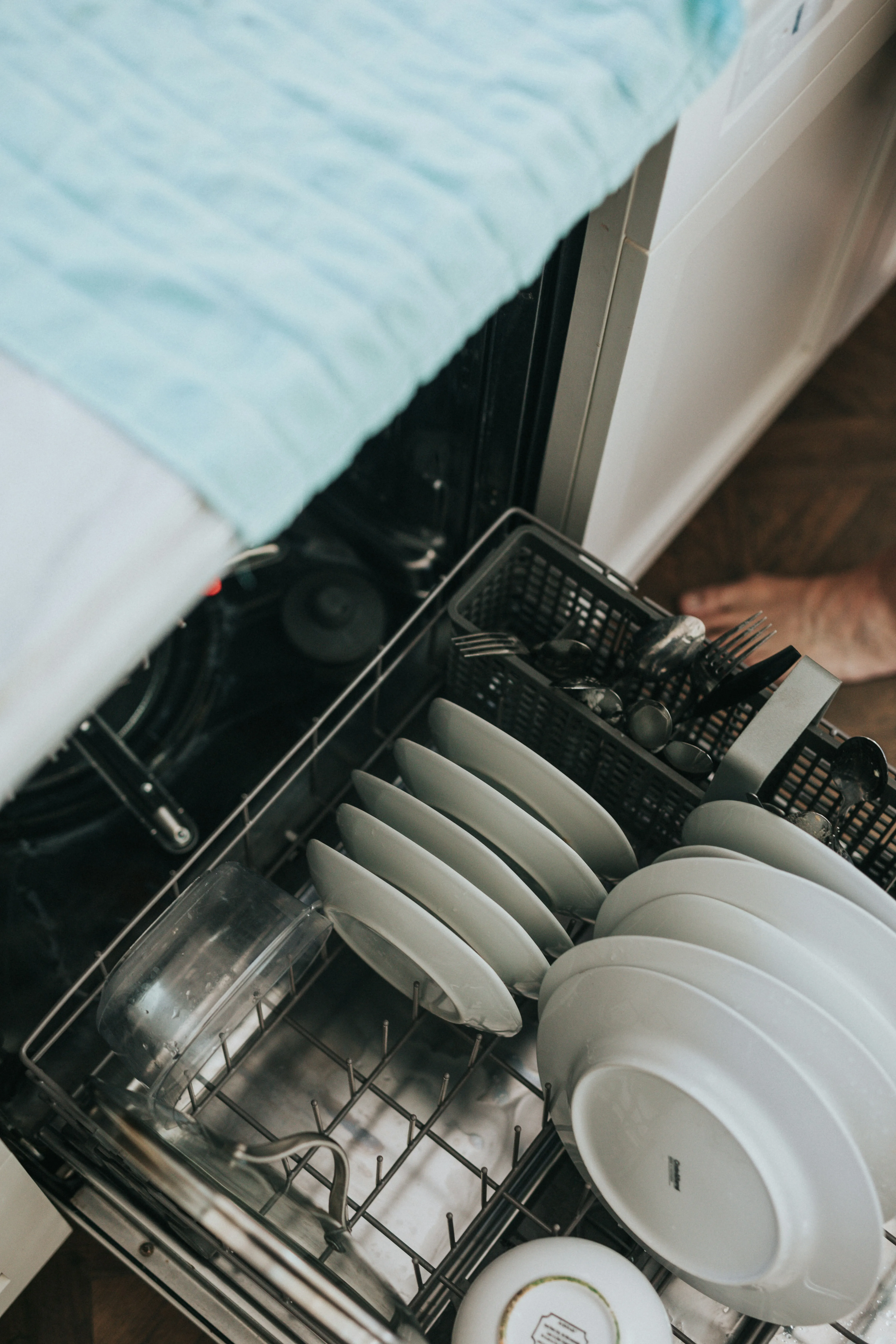
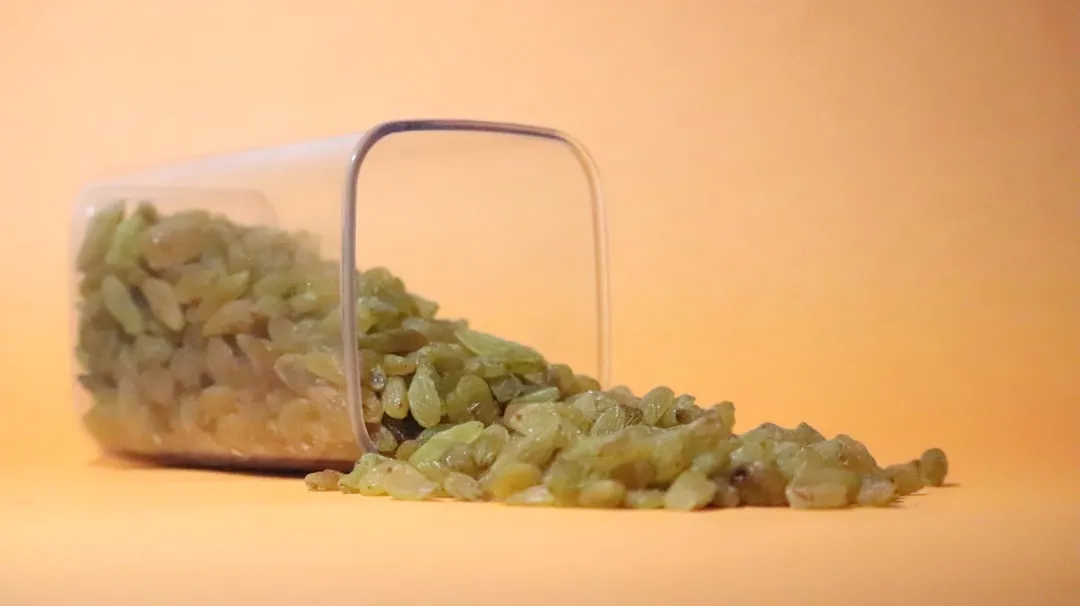
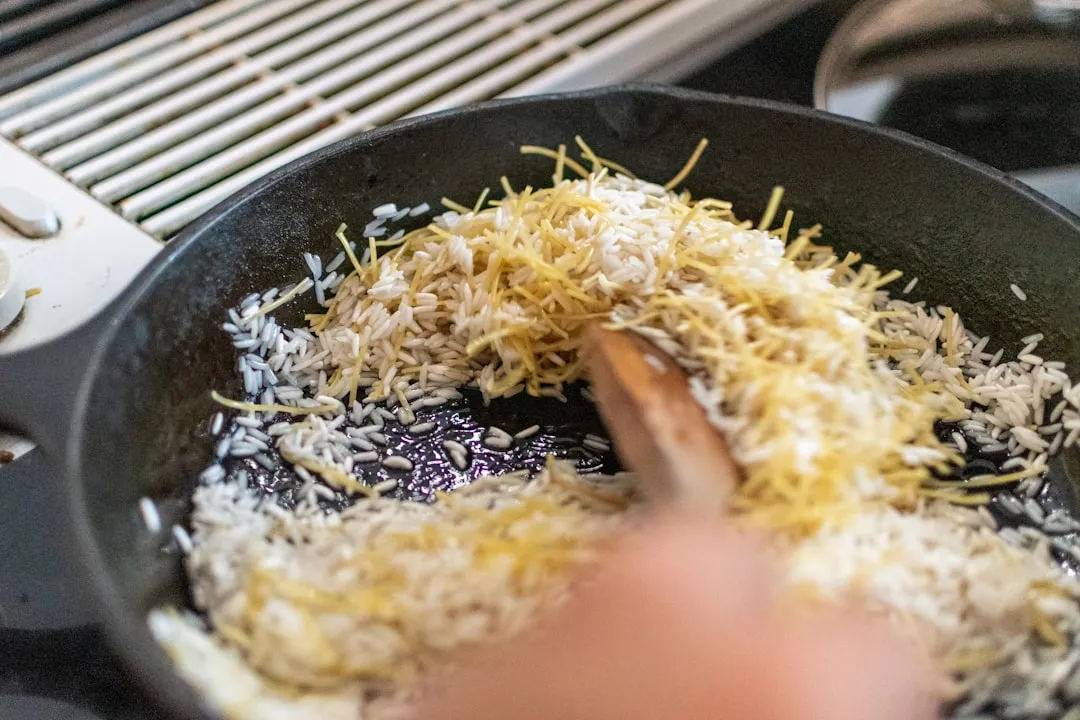
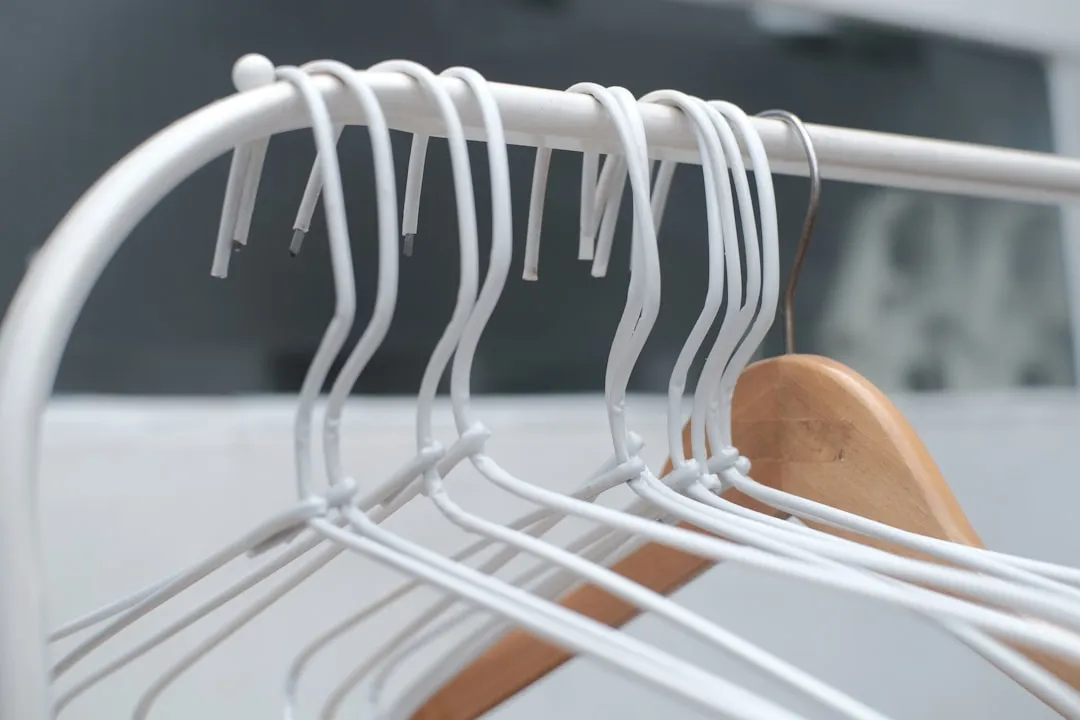
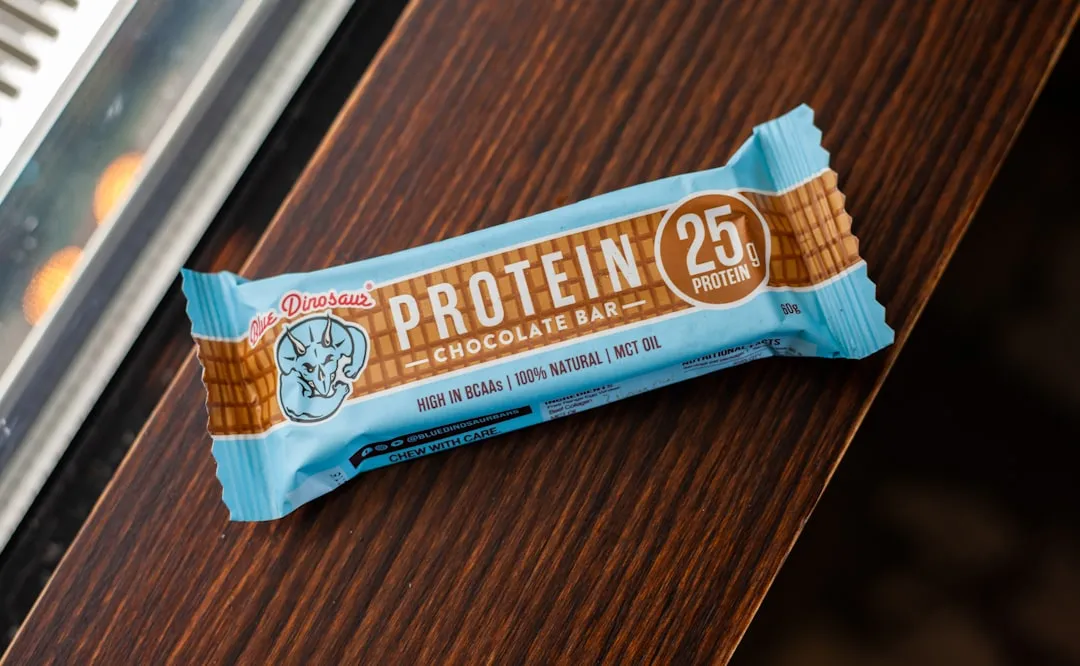
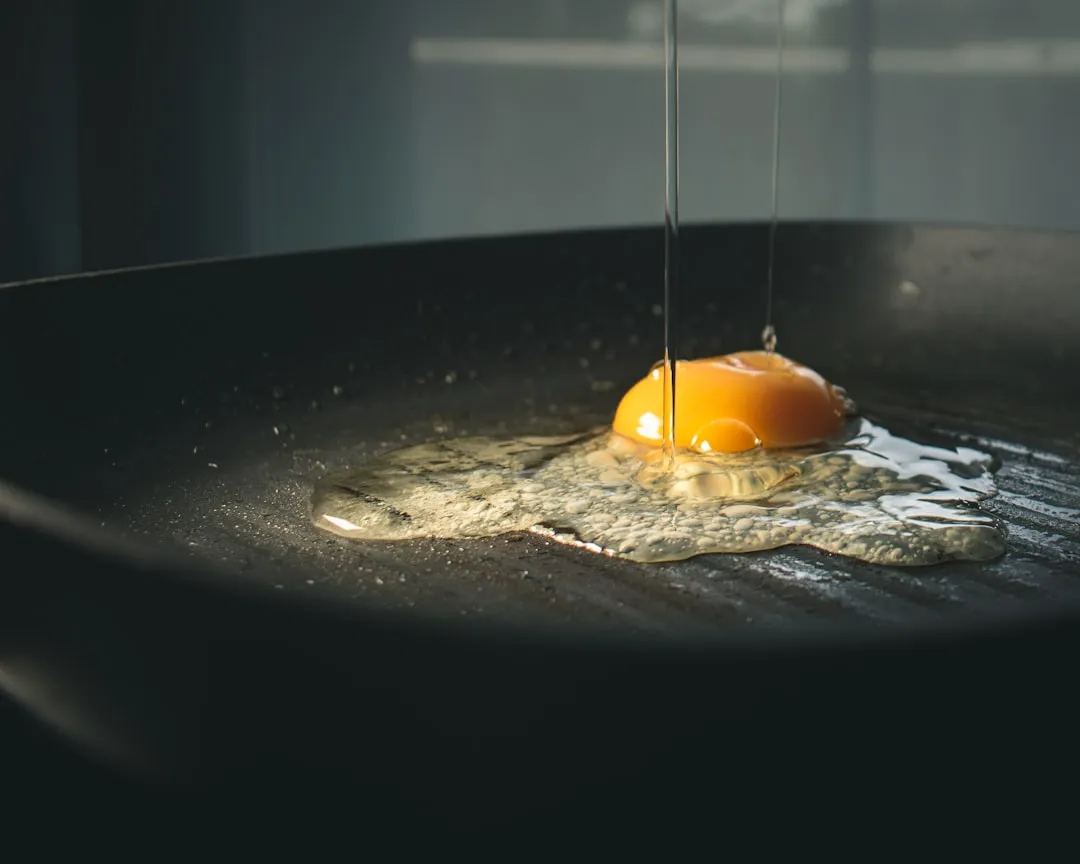
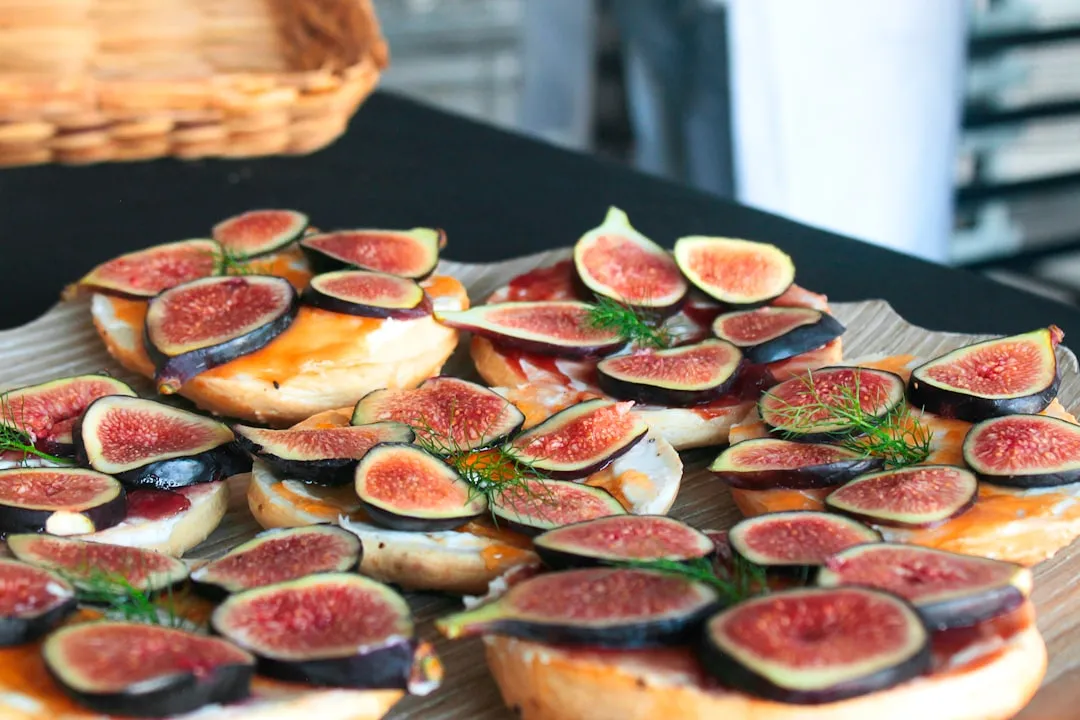

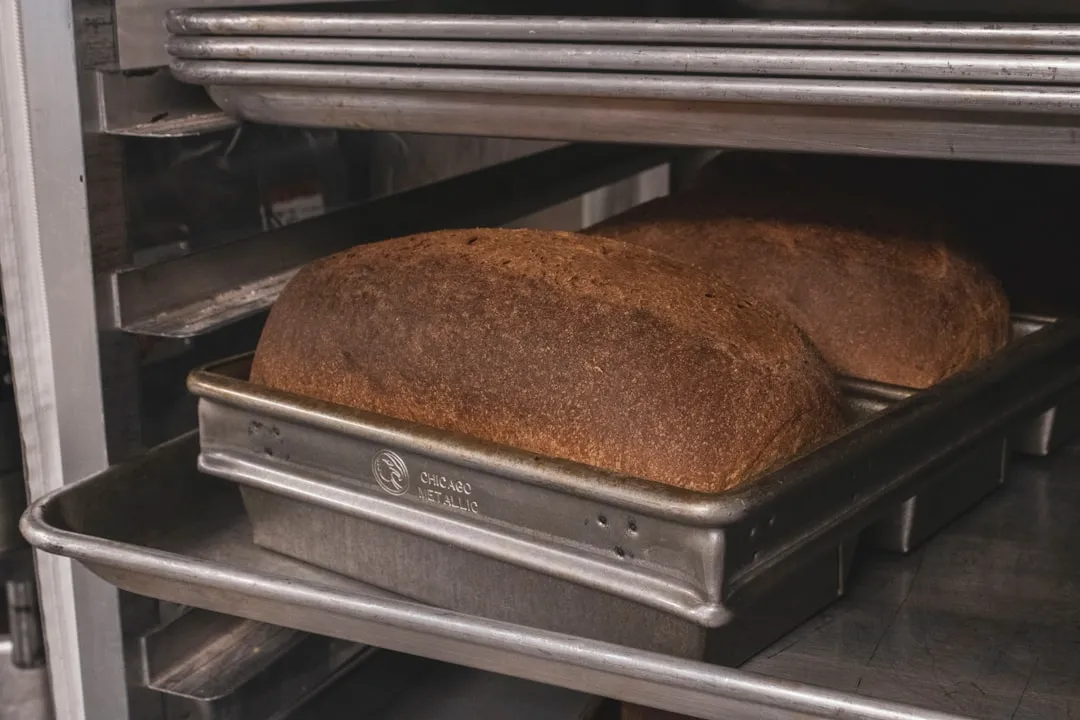
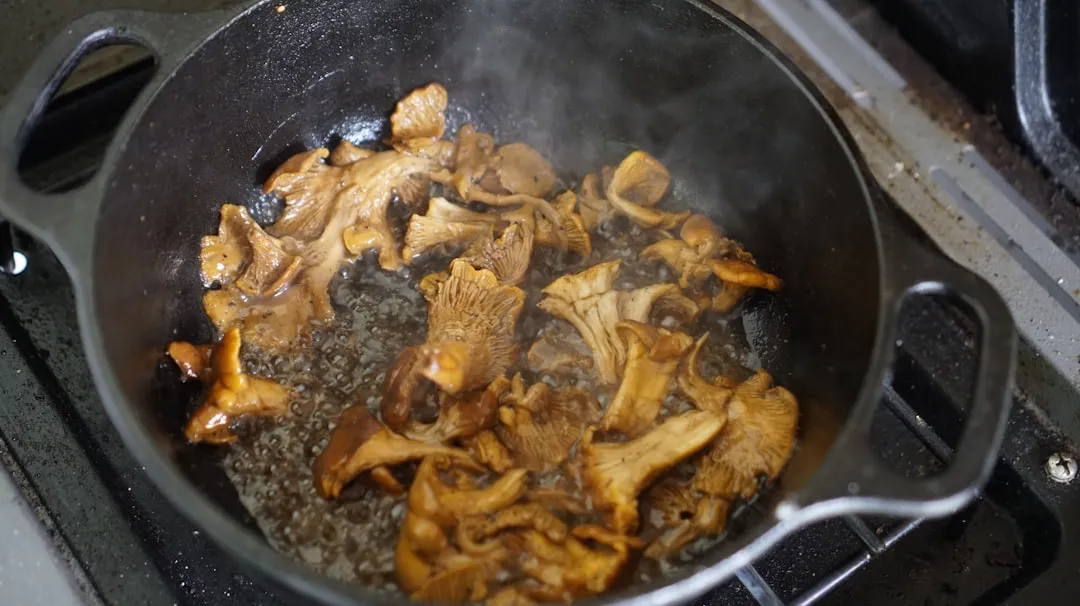
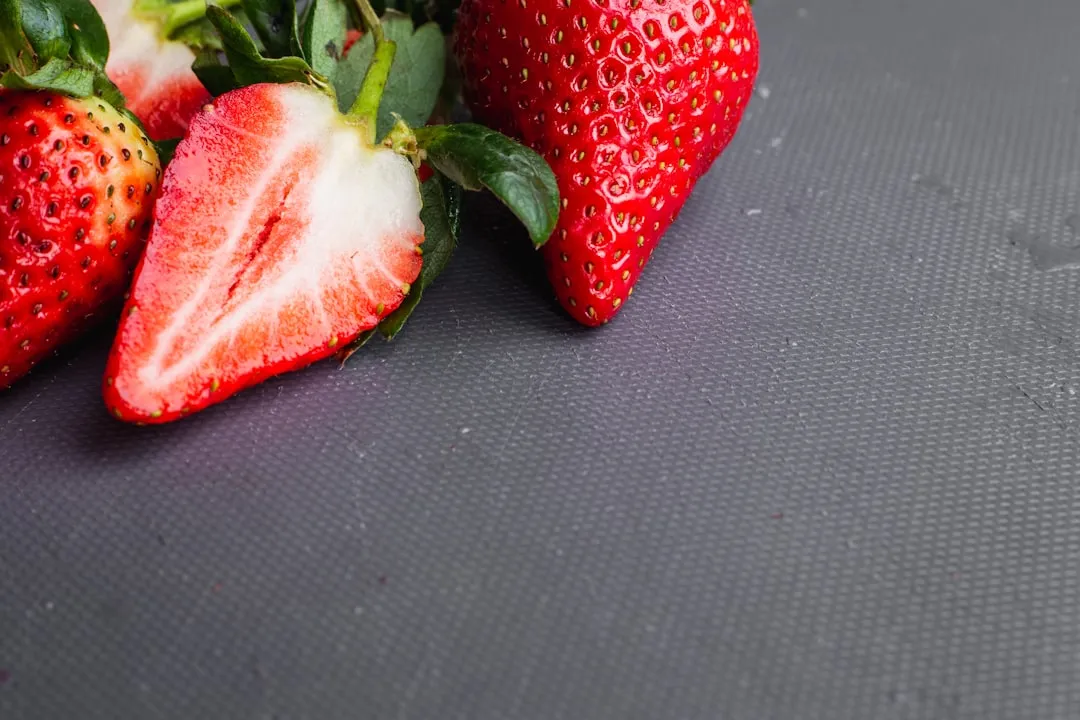
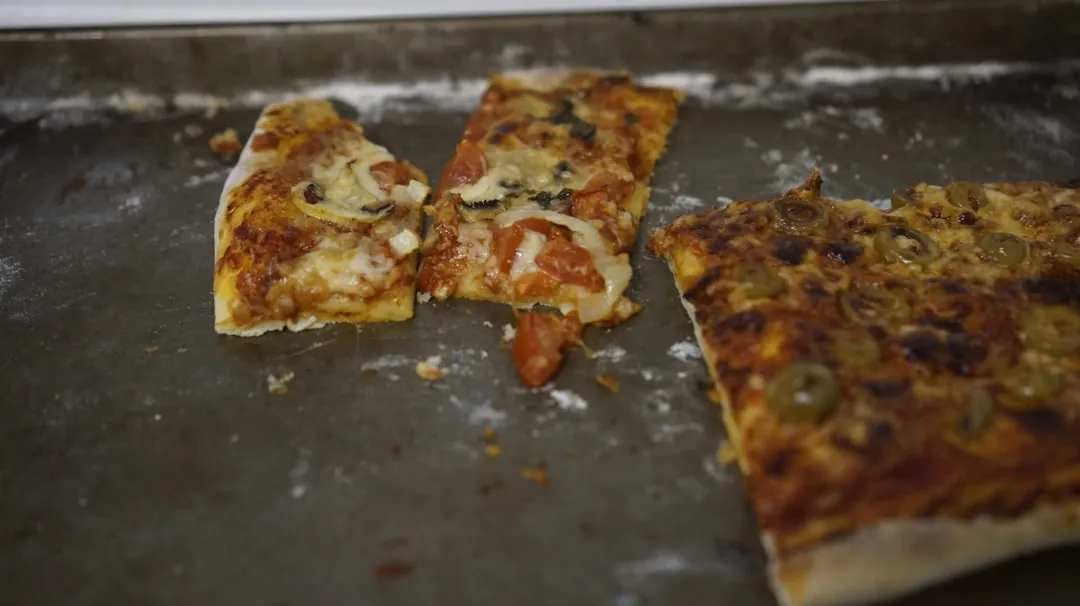
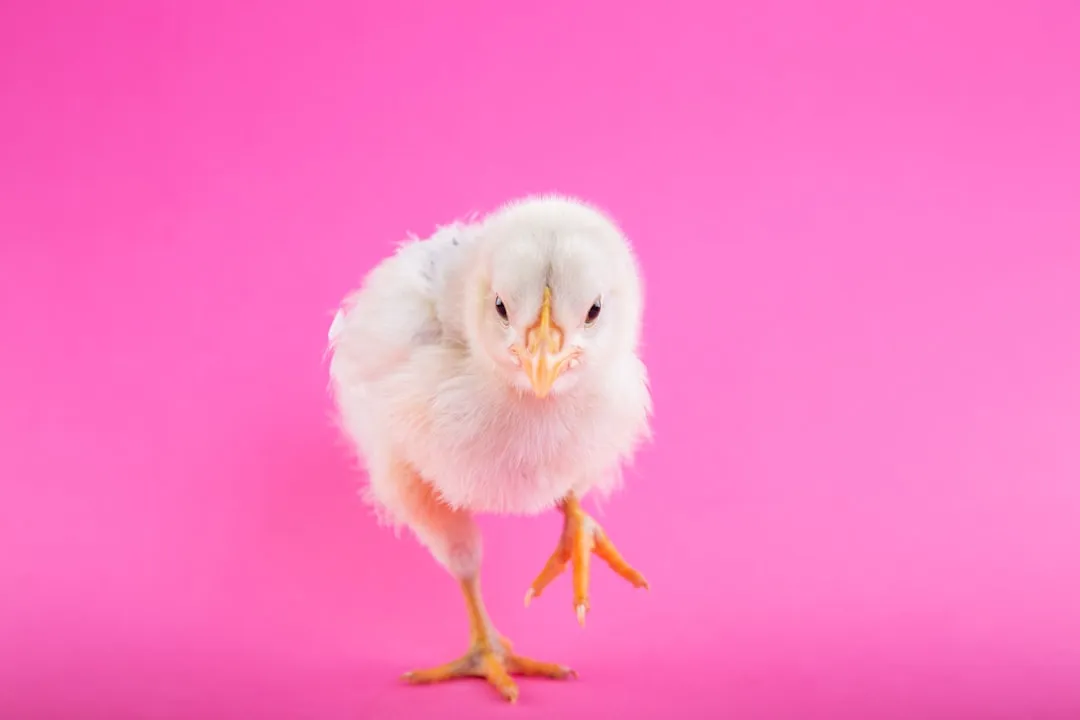

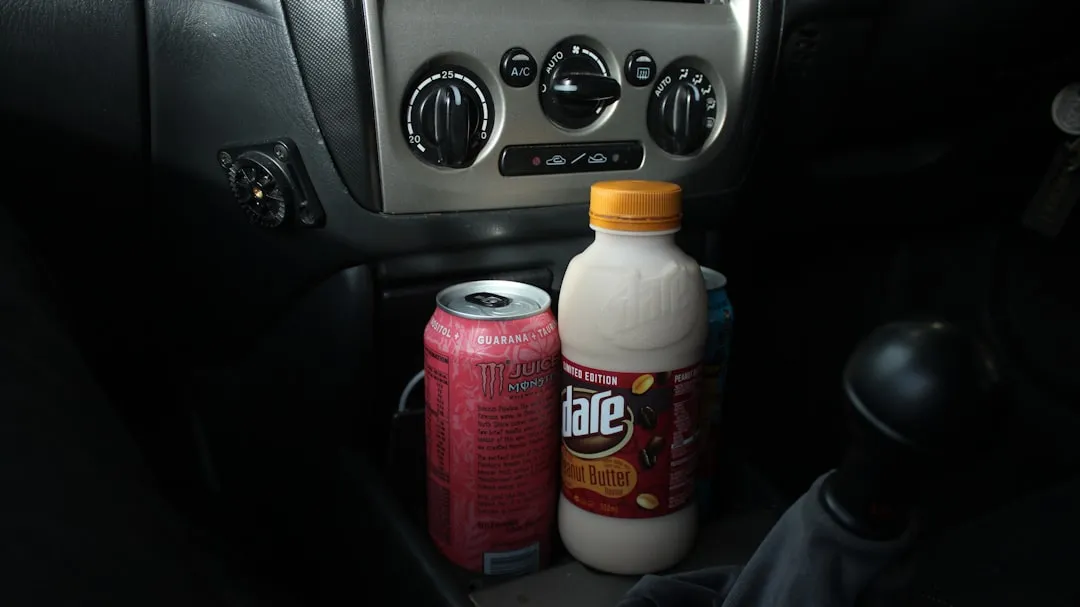
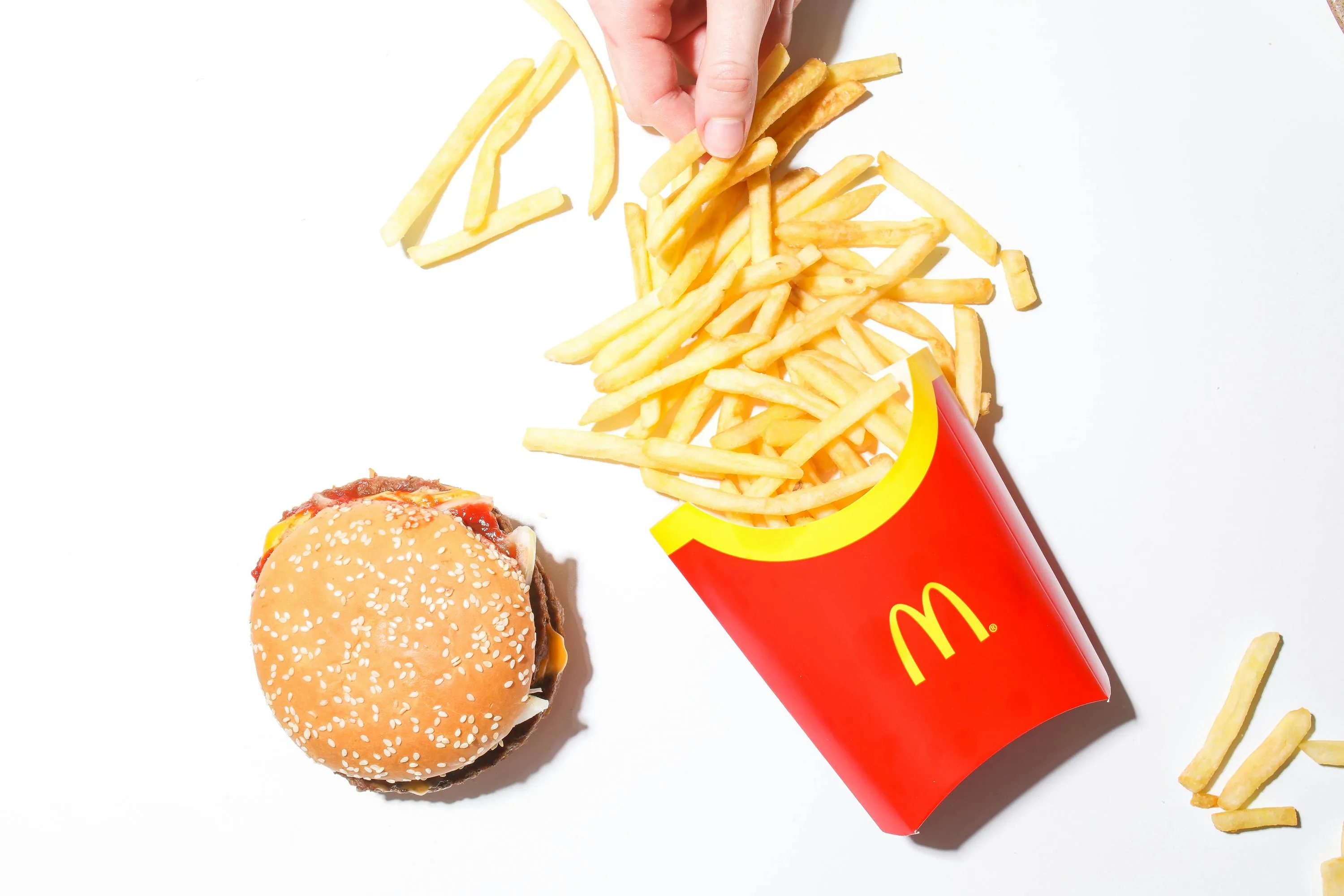
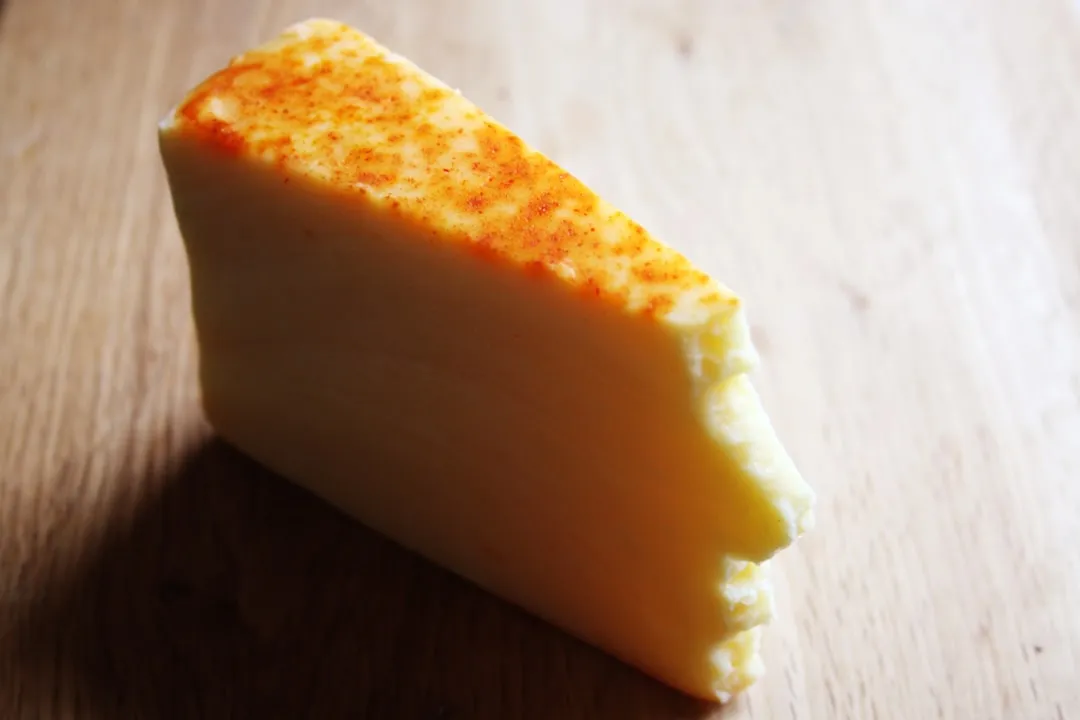
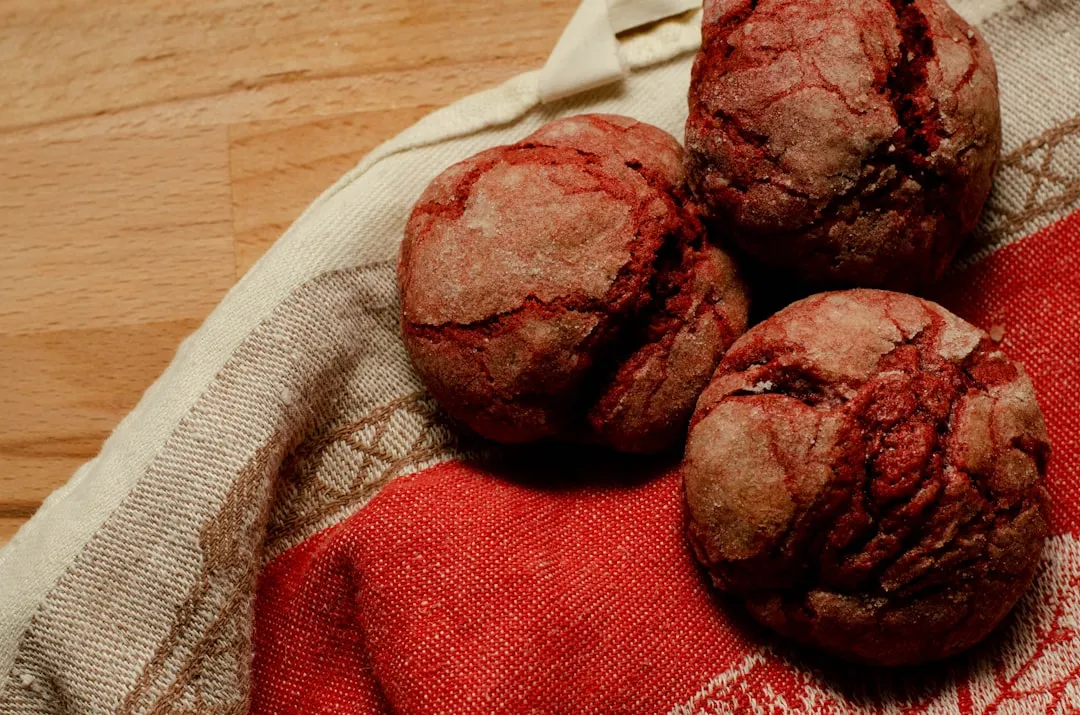
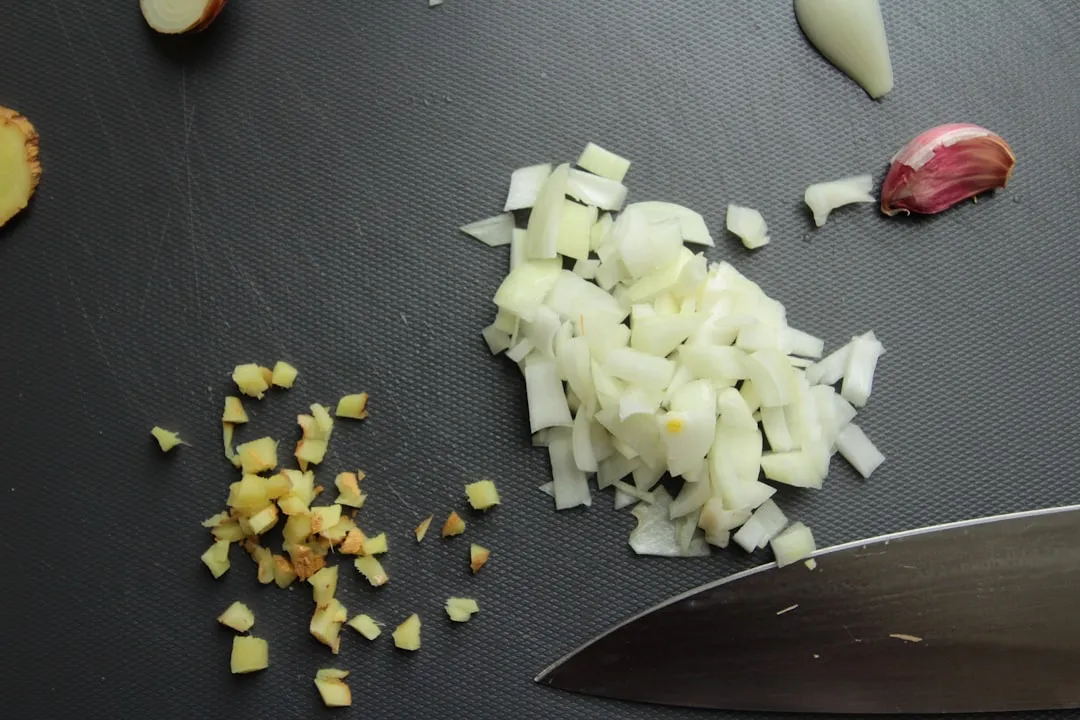
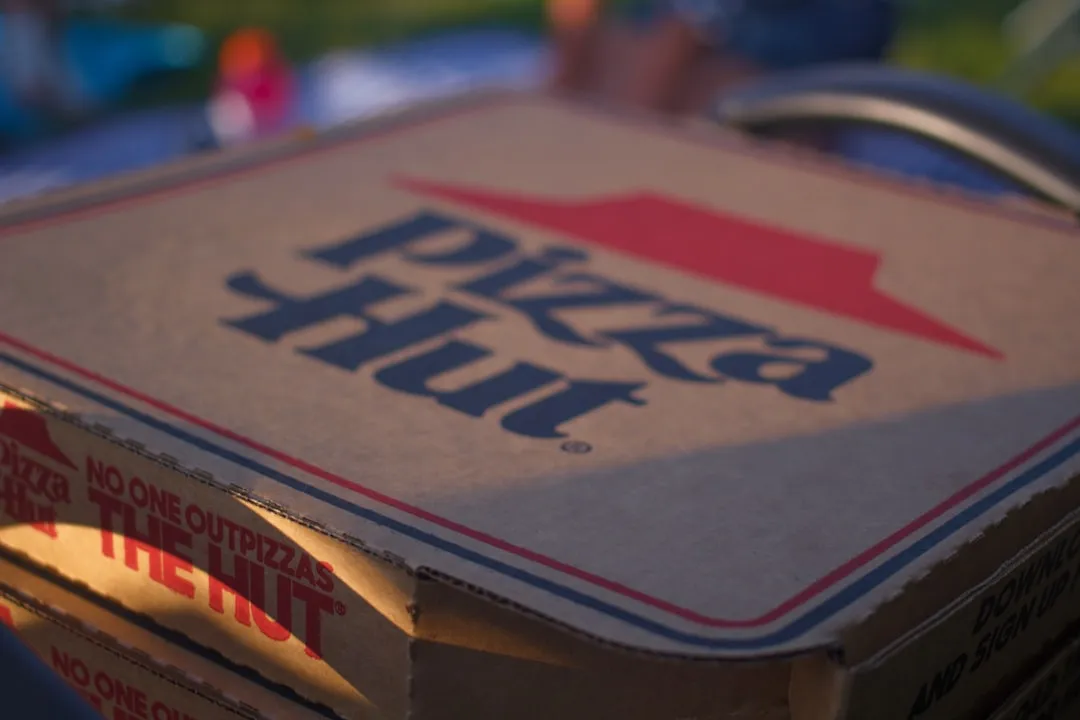
Comments
Be the first, drop a comment!